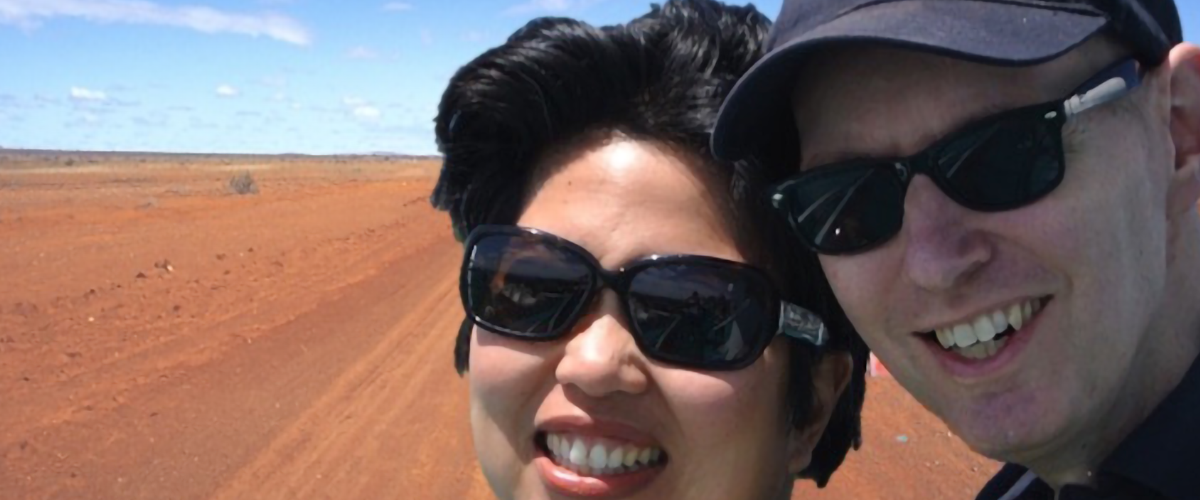As a clinician and researcher, Dr. Benedikt Schoser is focused on how research findings can be translated into improved patient care - and how patient concerns can help guide researchers to new areas of interest. “We try to combine clinical data with results from basic science and look at parallels between scientific results and patient outcomes,” he says.
Dr. Schoser is senior consultant in neurology at the Friedrich-Baur Institute (FBI) at Ludwig-Maximilians University of Munich, one of Germany’s largest referral centers for neuromuscular diseases. FBI diagnoses and treats thousands of patients and processes hundreds of muscle biopsies each year.
Dr. Schoser trained as a neurologist and myopathologist (a specialist in muscle dysfunction) at several German universities before joining FBI in 2001. His interest in myotonic dystrophy (DM) dates back about 15 years, when he began working closely with Dr. Kenneth Ricker, then of the University of Wurzburg, one of the original describers of DM2. He has published more than 30 research papers on DM and sees approximately 200 patients with the disease, including some he has been following for decades.
His clinical focus has prompted Dr. Schoser to bring together patients and researchers to improve resources and education for people with DM. He serves on the academic task force of the TREAT-NMD network, an international effort to ensure that promising new therapies for neuromuscular diseases reach patients by connecting patients, clinicians, academic researchers, and representatives of the biomedical industry. And he is the head of Germany's DM registry, which collects information on patients so they can be paired appropriately with clinical trials.
Dr. Schoser is project lead at FBI for the OPTIMISTIC Trial (Link to archived site), a collaboration among researchers and doctors from the Netherlands, Germany, France, and the United Kingdom that seeks to improve standards of care for DM1. The group has launched a study of whether cognitive behavioral therapy can be used to stimulate activity and reduce fatigue in DM patients. The goal of these research efforts is to develop guidelines physicians can use to improve patients’ quality of life.
Dr. Schoser also helped translate the MDF Toolkit into German, adapting it for that country’s patients. The German translation will be available for download soon.
Dr. Schoser is looking forward to this summer’s meeting of the International Myotonic Dystrophy Consortium (IDMC). (He served as chair of IMDC-7 meeting in 2009.) He believes these meetings are special in the medical field because they unite scientists and clinicians. “As clinicians, we see patients and try to understand their symptoms,” he says. “Scientists do fantastic studies and then ask how they can be translated into clinical practice. At these meetings, we share, which is why I always look forward to them.”
He also values the participation of caregivers at the IMDC meetings. “A doctor, if he is lucky, may see a patient for 60 minutes,” he says. “But a caregiver often is with a patient 24 hours a day. That gives them a lot of information we don't have to better understand the disease, which helps improve our work as physicians. And they help identify additional areas for research, based on what patients and caregivers think is important.”
03/26/2015

